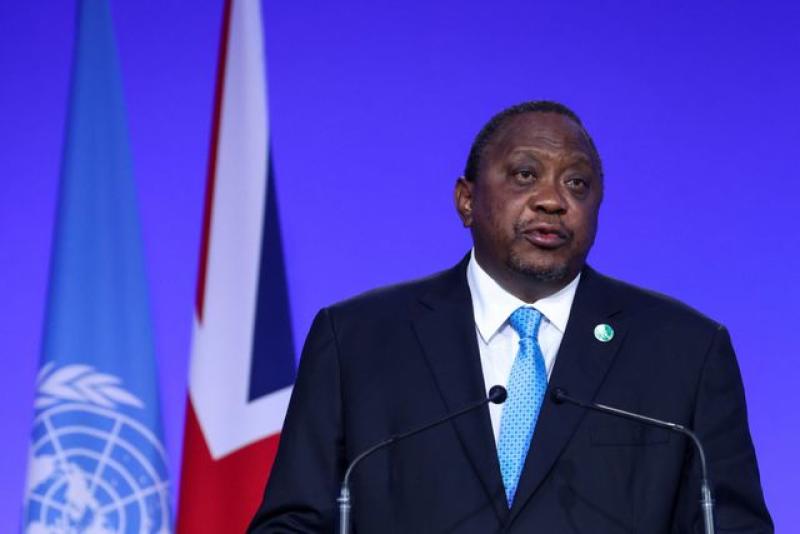×
The Standard e-Paper
Join Thousands Daily

Kenya's President Uhuru Kenyatta speaks during the UN Climate Change Conference (COP26) in Glasgow, Scotland, Britain, November 1, 2021. [Reuters, Yves Herman]
President Uhuru Kenyatta has told the international community that Kenya is determined and on course to achieving full transition to clean energy by the year 2030.